CBD is an Anti-inflammatory
Estimated reading time: 9 minutes
Table of Contents:
- Types of inflammation
- CBD is a natural anti-inflammatory
- What inflammatory diseases can CBD help fight?
- How CBD interacts with the inflammatory process?
- Should you try out CBD as an anti-inflammatory?
- What kind of CBD product should you consider?
- What dose of CBD should you take?
- Conclusion on the use of CBD as an anti-inflammatory
- The Real CBD anti-inflammatory products
Types of inflammation

In order to understand how CBD could help with different types of inflammation, it is very important to understand what inflammation is.
Inflammation is an innate immune response of the body. We can differentiate between two main types of inflammation:
Cannabidiol for acute inflammation
This is usually the result of a traumatic injury, such as an ankle sprain or muscle strain. This is manifested by pain, redness, immobility, swelling, and a feeling of warmth.
This form of inflammation is a physical response aimed at protecting the injured area and triggering the healing process. Specific cells move to the affected site and begin to remove debris and damaged tissues.
Anti-inflammatory drugs are often used to hinder this response and cope with pain. However the body needs to go through this phase, so the use of these unnatural drugs on a continuous basis is sometimes considered controversial.
Chronic inflammation and CBD oil
Chronic inflammation is defined as inflammation that persists for long periods of time. This can be caused by pathogens, viruses, and an overactive immune response. This form of inflammation can span periods of months to years. Furthermore, it can occur when the immune system perceives healthy tissues as a threat. This results in the body beginning to attack them. This is known as an autoimmune disease. Such diseases include asthma, rheumatoid arthritis, Crohn's disease, and sinusitis.
To sum things up, inflammation is your body's natural protective response to harmful or foreign substances. The usual symptoms of inflammation are heat, swelling, pain, and redness.
Although the symptoms of inflammation are uncomfortable, they are also a sign that your system is doing its job to protect you. Enlisting the immune system to protect your cells from harmful invaders and initiate tissue repair.
Keep in mind, that excess inflammation over a long period of time is a contributing factor to chronic diseases. Here we can mention illnesses such as cancer and rheumatoid arthritis.
CBD is a natural anti-inflammatory

According to some studies, CBD has been attributed to its anti-inflammatory properties.
These studies say that CBD acts on the endocannabinoid system. By modulating pain boundaries, preventing the delivery of inflammatory molecules to the affected parts, and consequently reducing inflammation.
We can find CBD creams that might help relieve inflammation. Also other types of cosmetic products with CBD. They all help by applying them to the skin surface of the affected area might help soothe the pain.
Depending on the way cannabidiol is used, it could be beneficial to combat inflammation within the body. For example, CBD oil in many countries is used to reduce inflammation of the intestines. Also, other organs that due to a condition tend to generate pain. For human consumption, you must take into account that there are certain restrictions depending on the legislation of the country you are in.
There are inflammations caused by certain harmful bacteria. One of the properties attributed to CBD is its antibacterial effect. So in these cases, cannabis could also be a great ally in reducing the condition. However, there is still no concrete proof of these claims.
What inflammatory diseases can CBD help fight?

Many users use CBD seeking help for the following diseases:
- Inflammatory bowel diseases such as Crohn's disease and ulcerative colitis.
- Chronic inflammatory skin diseases such as dermatitis, psoriasis, and acne.
- Inflammatory autoimmune diseases such as common arthritis, rheumatoid arthritis, or ankylosing spondylitis.
The possibility that these diseases can cause major problems means that they need to be treated by professionals. The use of continuous medication helps to improve the quality of life of patients. However, long-term use of prescription medication has many side effects.
CBD as an anti-inflammatory is shown in many pre-clinical studies that it can help relieve pain and improve the quality of life for people with these conditions. It is important to understand that we should not make the decision to substitute other professionally prescribed treatments.
How CBD interacts with the inflammatory process

Inflammation is a complicated process involving many signals. The body uses signal-generating molecules called eicosanoids to initiate the inflammatory response.
One of the ways CBD may help reduce inflammation is by inhibiting an enzyme called COX2. NSAIDs such as Advil and Aspirin also target COX2 in their method of action.
CBD also appears to affect a class of molecules important to the inflammation process called cytokines. It tends to reduce the effects of pro-inflammatory cytokines, thus helping to reduce these unpleasant and painful processes.
Oil with CBD has a high concentration of omega fatty acids, and these fatty acids are known to lubricate the joints. Additionally helping to reduce pain caused by tendonitis as many athletes may suffer from intense or continuous training sessions.
Find out more about CBD for athletes:
- CBD oil: for athletes?
- Buy CBD for Sports and Athletes
- CBD Athletes oil for a tennis elbow
- CBD and Sports – The important connection!
- Can CBD help Lupus?
Should you try out CBD as an anti-inflammatory?
Without good clinical studies on CBD and arthritis, doctors haven't been able to say who might benefit from CBD, at what dose and in what form, who probably won't benefit, and who should stay away from it. Still, there are some things that everyone agrees on:
CBD is not a replacement for treatments that slow or stop the progression of inflammatory arthritis.
If a patient with arthritis wants to try CBD, they should first talk to the doctor who treats their arthritis. Together, they can talk about what has worked or not worked in the past, if there are other options to try first, how to do a trial run, what to watch out for, and when to come back for a follow-up visit to look at the results. Keep a diary of your symptoms and doses to track the effects.
When used for a long time, high-quality CBD products can be expensive. If you don't want to waste money, you should be sure that the product is really helping your symptoms.
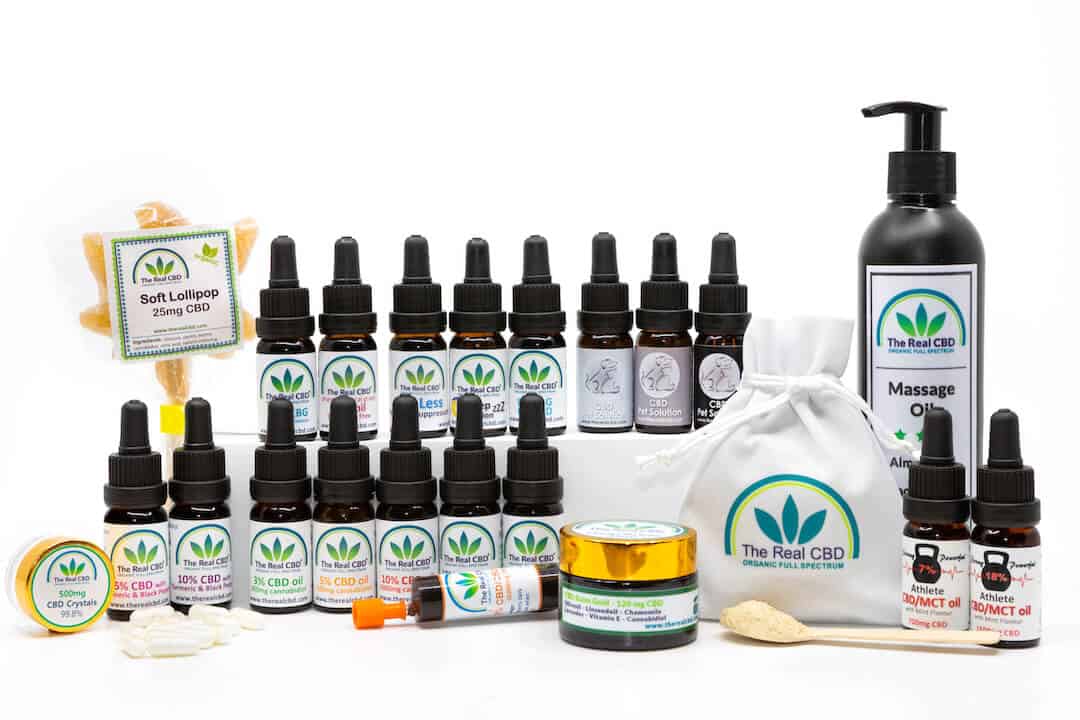
What kind of CBD product should you consider?
CBD products can be taken by mouth, put on the skin, or breathed in. Each has its own pros and cons.
CBD Edibles
CBD that is eaten or drunk is absorbed by the body through the digestive system. Slow absorption makes it hard to figure out how much to take. The effects don't start for an hour or two, and the effects of stomach acids, recent meals, and other things are unknown.
Once a safe and effective dose of capsules has been found, they can be used every day. Experts don't recommend getting CBD from foods like gummies and cookies because it's hard to know how much to take and because they're appealing to kids but don't come in child-proof packaging. Like any other medicine, edibles should be kept out of children's sight and reach.
CBD oil
Cannabidiol can also be absorbed directly into the bloodstream by oil or tincture (a liquid dosed with a dropper) under the tongue for 60 to 120 seconds. The taste might not be good. You might feel the effects in 15 to 45 minutes.
CBD on the Skin.
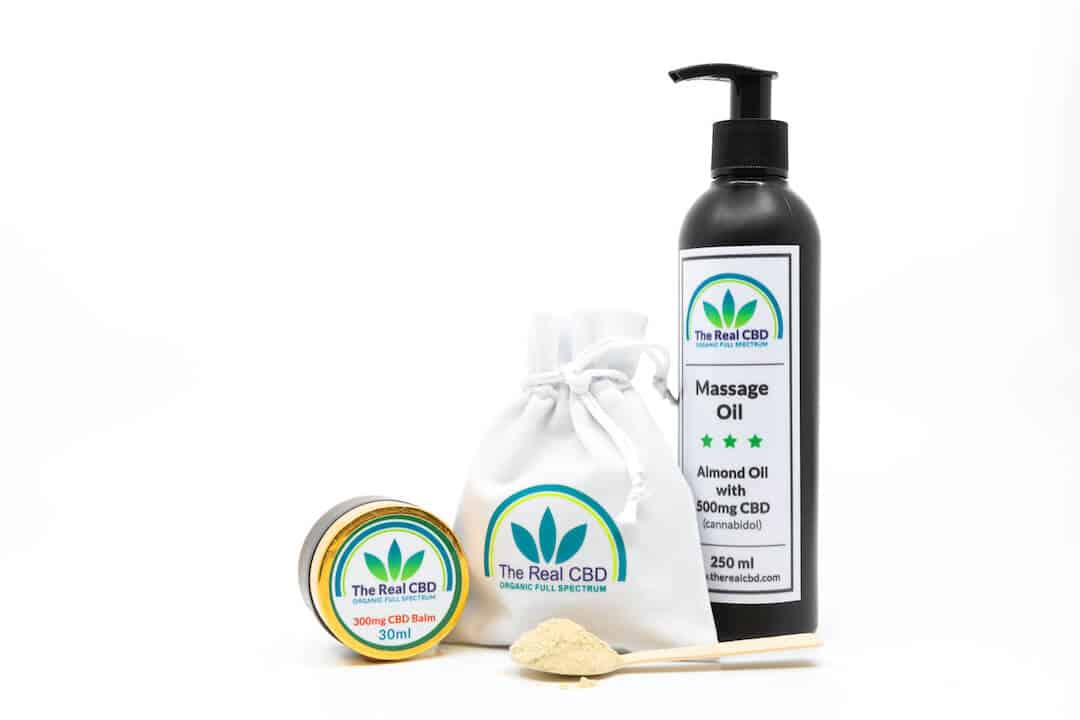
Painful joints are treated with lotions and balms that are put on the skin. No one knows if these products get CBD below the skin. Topical products may also have over-the-counter ingredients like menthol, capsaicin, or camphor, which makes it hard to tell if a good effect is from the CBD or from another ingredient.
Inhaling CBD
CBD can be taken in through the lungs with a vape pen. But there are unknown risks to breathing in vapor oils and chemical byproducts, especially for people with inflammatory arthritis. Vaping is not recommended because of this. The Centers for Disease Control and Prevention is looking into whether vaping is linked to a large number of hospitalizations and deaths from severe lung disease.
What dose of CBD should you take?
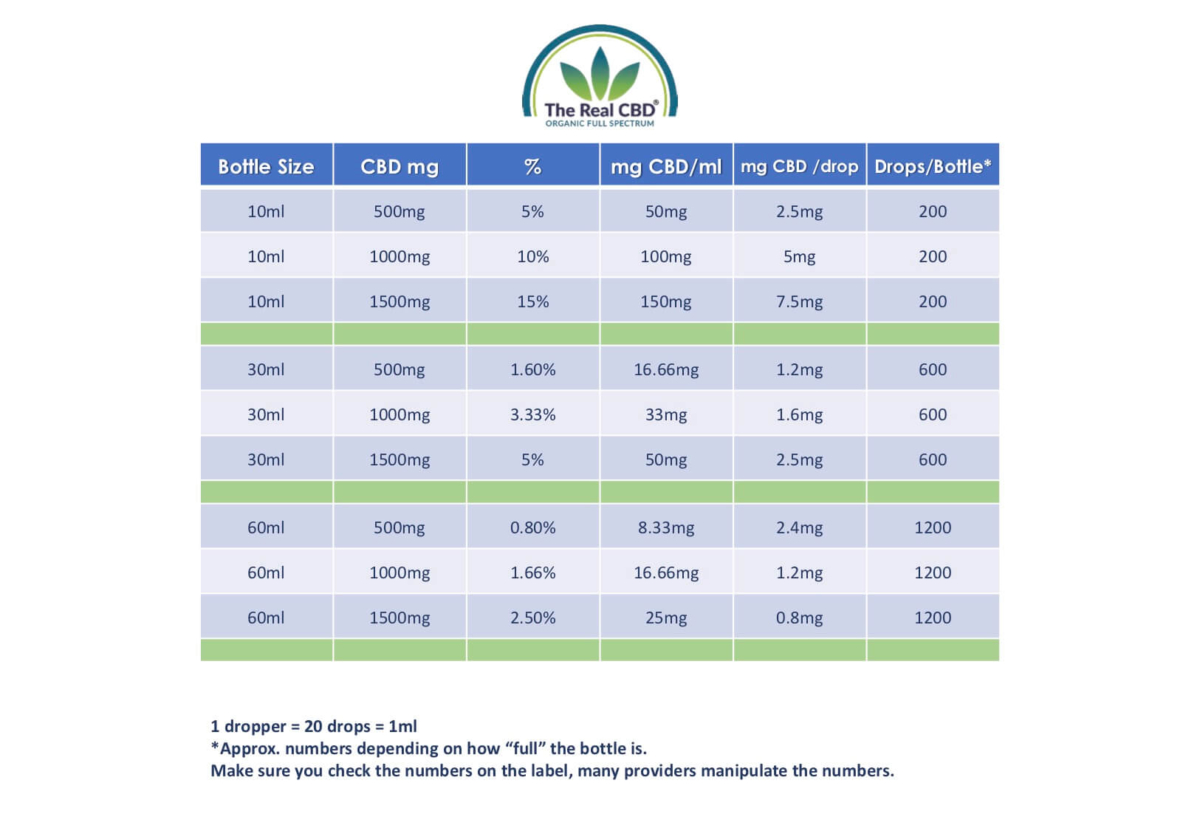
Even though there are no set clinical guidelines, the Arthritis Foundation asked medical experts what adults with arthritis should do.
When getting ready to take a liquid form, keep in mind that the CBD extract is mixed with a carrier oil. This means that there are two measurements to know: the dose and the amount of CBD in each dose.
Move slowly and low. Start by putting a few milligrams of CBD under your tongue twice a day. If the pain doesn't go away after a week, you should increase the dose by the same amount. Should you need to, you can make small changes over a few weeks. When you feel better, keep taking that dose twice a day. This is to keep the level of CBD in your blood stable.
If a CBD product gives you any unwanted side effects, stop using it right away and talk to your doctor.
Conclusion on the use of CBD as an anti-inflammatory
While there is still a long way to go in terms of the potential inflammation benefits of CBD. It could have a positive impact on reducing pain. Whether through cannabidiol creams or CBD oil, people with different types of inflammation can surely improve their quality of life. CBD, especially in combination with THC, may be effective for reducing certain types of pain associated with conditions such as MS and fibromyalgia. Still, more research is needed to investigate its potential use in pain management.
More from our blog:
The Real CBD anti-inflammatory products
-
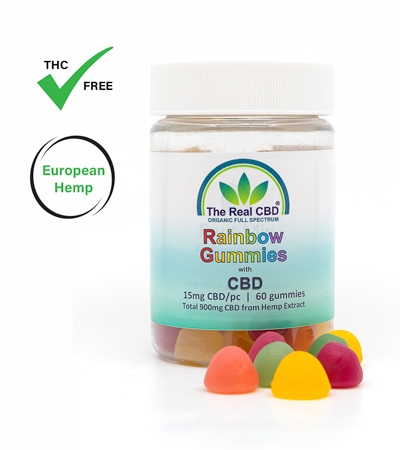 CBD gummies – 15mg CBD€29.00
CBD gummies – 15mg CBD€29.00 -
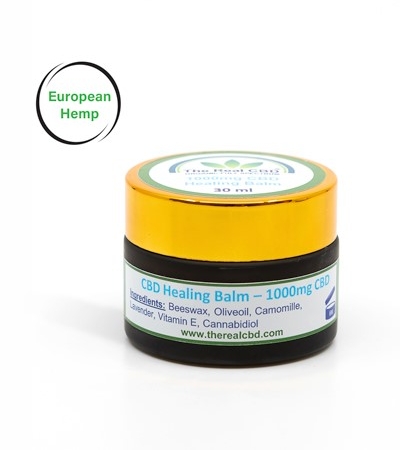 CBD Healing Balm 1000mg CBD€65.00
CBD Healing Balm 1000mg CBD€65.00 -
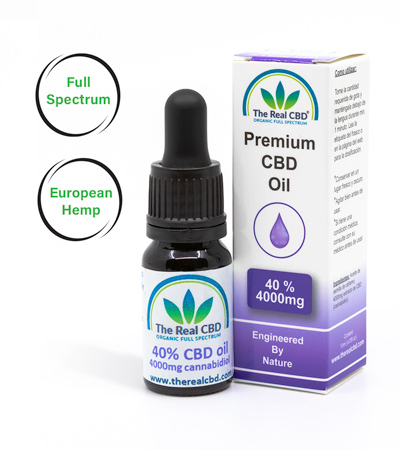 40% Raw CBD Oil€189.00
40% Raw CBD Oil€189.00 -
Product on sale
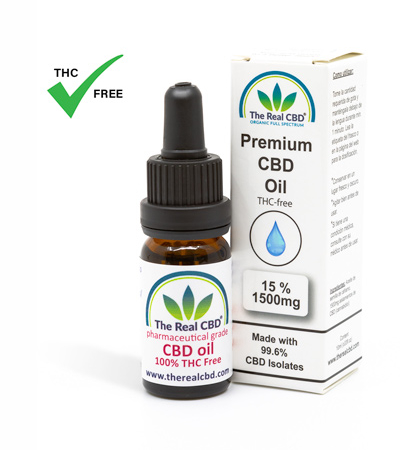 15% CBD oil – THC FreeOriginal price was: €80.00.€67.50Current price is: €67.50.
15% CBD oil – THC FreeOriginal price was: €80.00.€67.50Current price is: €67.50. -
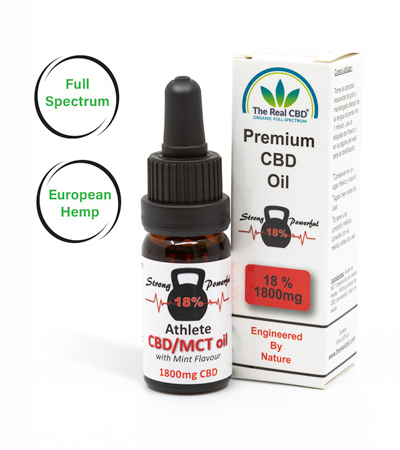 Athlete MCT/CBD oil 18%€90.00
Athlete MCT/CBD oil 18%€90.00 -
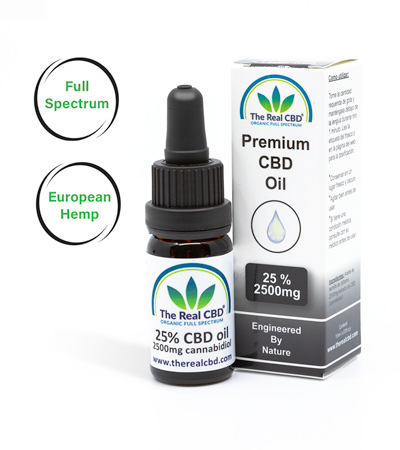 25% Pure CBD oil€139.00
25% Pure CBD oil€139.00

I am a certified expert in Medicinal Cannabis. We are all about giving correct and trustworthy information. We know how important it is to learn about CBD and cannabis, which is why we want to be your go-to source for trustworthy information. We help you improve your health by using our knowledge and experience as a starting point.














Leave a Reply
Want to join the discussion?Feel free to contribute!